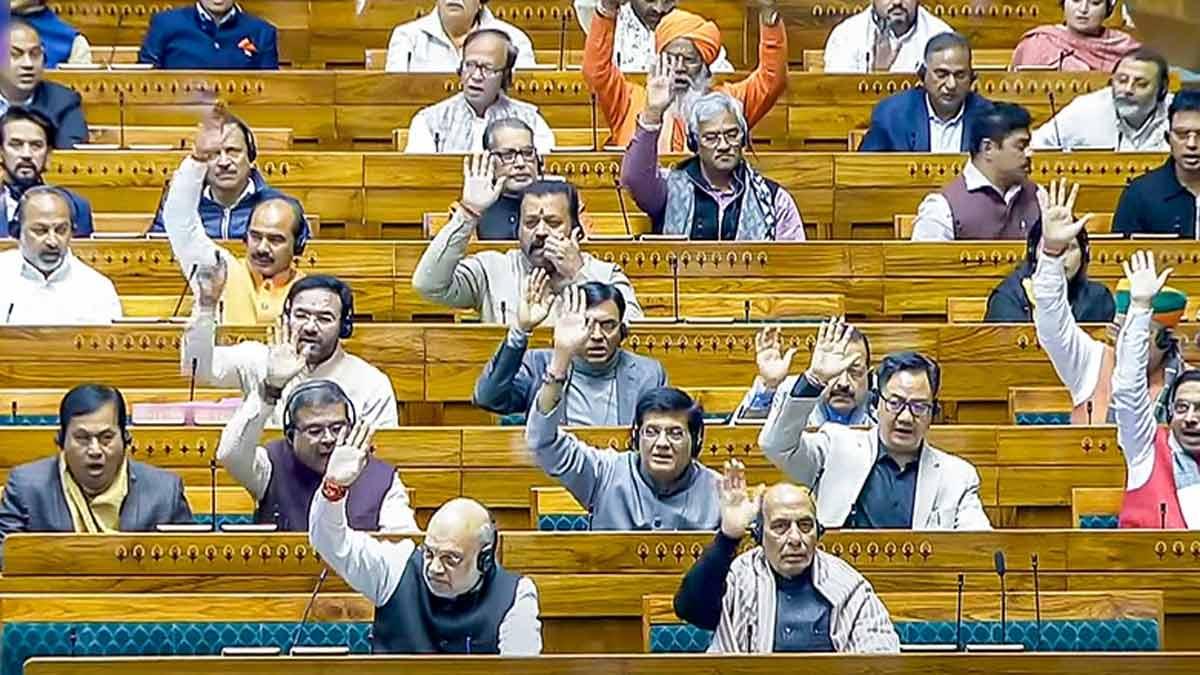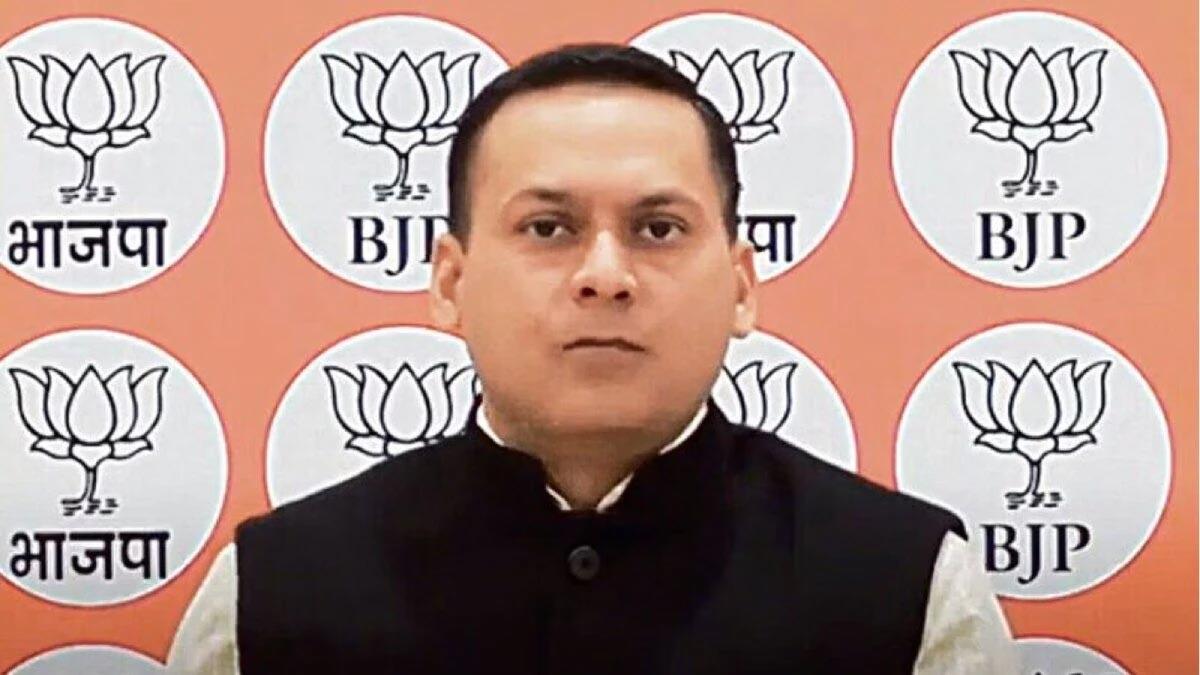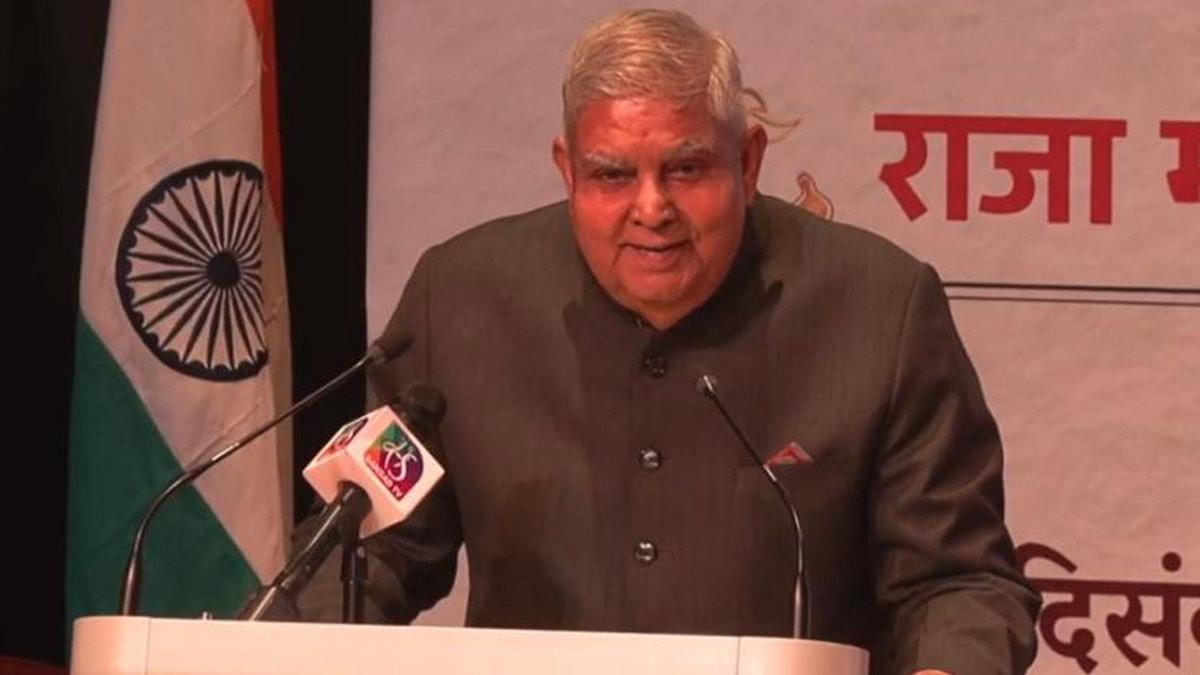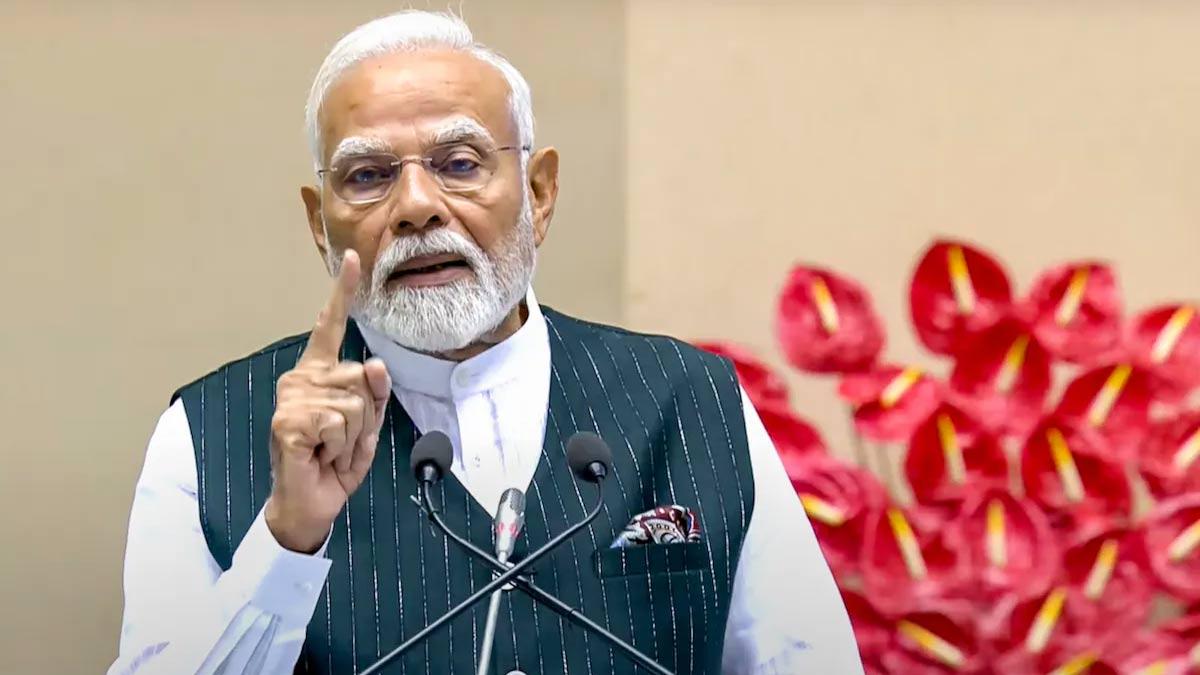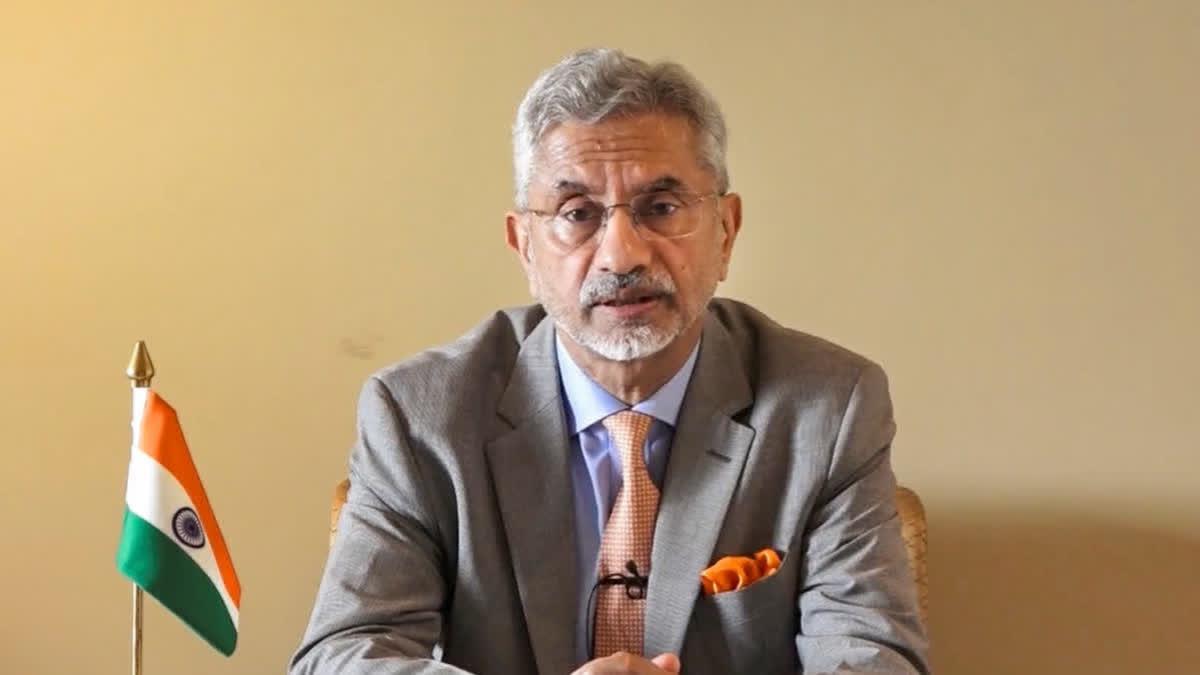The 129th Constitution Amendment Bill, also known as the 'One Nation, One Election' (ONOE) Bill, was introduced in the Lok Sabha on Tuesday. The motion was passed with 263 Members of Parliament voting for it and 198 voting against it.
The bill seeks to synchronize national and state elections across India, but its introduction sparked significant debate, particularly among opposition parties.
Union Law Minister Arjun Ram Meghwal presented the bill in the house. It was the first time that the new Lok Sabha chamber used automatic vote recording machines for this purpose. As many as 369 MPs recorded their votes electronically, while 92 were cast using paper slips. Of the paper votes, 43 were in favor of the bill, and 49 were against it.
Although the majority supported the motion, the process of voting itself was also debated. In a post on X, Congress MP Gaurav Gogoi complained that due to technical failure in the electronic voting process, he had been wrongly counted as one of those supporting the motion. However, it was revealed later that the electronic voting data were contradicted by the data available from the Parliament. The official tally showed 263 votes in favour and 198 against, with the bill passing successfully.
The electronic voting process, despite initial hiccups, was the primary means by which MPs recorded their votes.
The bill has divided political parties, with the ruling BJP and its allies supporting it, while opposition groups vehemently opposed the legislation.
The TDP, a close BJP ally, was a strong votary of the ONOE Bill, stating that it would ease the fiscal burden of India and slash the expense of electoral campaigns by more than 40 percent.
On the contrary, the opposition parties, that is Trinamool Congress, Samajwadi Party, Shiv Sena (UBT), AIMIM and the Congress party, have opposed the bill. They termed it as a constitutional assault and direct threat to India's democracy.
The chief of AIMIM, Asaduddin Owaisi, argued that the bill was aimed at weakening regional parties and further centralizing power, an effort he described as a step toward authoritarianism and dictatorship.
The Union Home Minister Amit Shah dismissed these criticisms, arguing that the Congress party had a habit of opposing progressive legislation. He defended the ONOE Bill as a reform measure to streamline elections and reduce electoral costs in the country.
Read also| Priyanka Gandhi Carries 'Bangladesh' Bag Following Controversy Over 'Palestine' Tag

